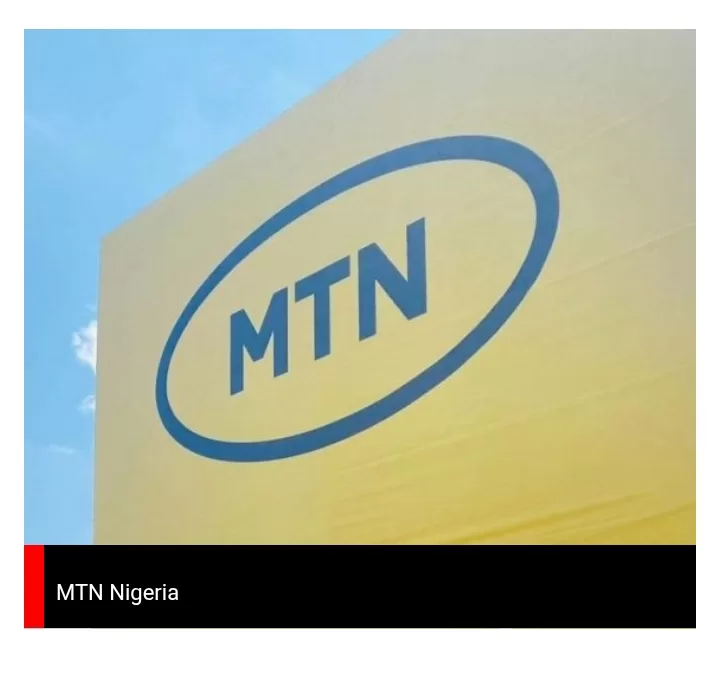
TINUBU REMOVES 5% DUTY ON TELECOMS SERVICES
The Executive Vice-Chairman of the Nigerian Communications Commission, Dr Aminu Maida, has confirmed that President Bola Tinubu has removed the 5 per cent excise duty on telecommunications services in the new tax laws, a move expected to ease cost pressures on subscribers.
Speaking at an interactive session with journalists in Abuja on Tuesday, Maida explained that the levy, which was initially suspended, had now been completely scrapped.
“The excise duty, it was the 5 per cent or so, that is no longer there,” he said. “Before it was suspended, but now the president has been magnanimous to remove it entirely. I was in a room when it was raised, and he said, No, no, no, we cannot put this on Nigerians. I was very pleased when the bills came out and we saw his words were followed through.”
The five per cent excise duty is part of a broader tax reform initiative under a bill titled “A Bill for an Act to Repeal Certain Acts on Taxation and Consolidate the Legal Frameworks relating to Taxation and Enact the Nigeria Tax Act to Provide for Taxation of Income, Transactions, and Instruments, and Related Matters”.
The proposed tax has faced strong opposition since it was first introduced in 2022 under former President Muhammadu Buhari’s administration.
The public backlash led to its suspension in July 2023 by President Bola Tinubu, who cited concerns about its impact on consumers and the economy.
With Nigeria’s telecom sector central to economic activity and digital inclusion, Maida said the removal of the duty would ease pressure on subscribers while supporting wider growth in the industry.
He noted that the commission was pursuing reforms anchored on transparency, accountability and better consumer protection.
He explained that the regulator was now complementing traditional rule-based oversight with behavioural economics, especially through the disclosure of information that would allow consumers and operators to make better decisions.
One of the initiatives, he said, is a public map of network performance, to be released in September, that will display independent data on download speeds, latency and other quality indicators.
He added that “There will also be a quarterly network performance report based on user data,” he said. “It extends accountability beyond mobile operators to also include infrastructure providers who play a critical role in reliability.”
Maida said corporate governance would be used as a tool to strengthen the industry. “Transparent, well-governed companies attract investment and perform better,” he said, adding that the goal was to lay the foundation for a Nigerian telecom company that is wholly owned, well-run and globally competitive.
He pointed to reforms such as the conclusion of the NIN-SIM audit, the settlement of USSD debt disputes, the transition to end-user billing and the launch of a Major Incident Reporting Portal as evidence of progress.
He stressed that the telecom policy of 2000, which focused on breaking the monopoly and introducing competition, had achieved its purpose but now required revision.
“In the early 2000s, it was about voice and text. Today, it is about internet connectivity and the emerging technologies that depend on it – artificial intelligence, internet of things, remote sensors, and augmented reality. The policy did not fail, but we must evolve for new realities,” he said.
He argued that competition remained a key factor in keeping call tariffs relatively low, noting that despite recent adjustments, the most expensive call rate in the market today is about N18 or N19 per minute, compared to N50 per minute in the early 2000s.
On consumer concerns about failed electronic top-ups, Maida said a joint NCC-CBN task force had developed a new operational framework to standardise recharge processes.
He added that Tier-1 audit firms were engaged to investigate operators’ billing systems amid complaints of data depletion.
According to him, the findings showed no systemic manipulation of consumer data. Instead, factors such as background app usage, device settings and complex tariff structures contributed to consumer dissatisfaction.
“We are not trying to punish anyone,” he said. “We want the industry to grow, so consumers are happier, operators perform better, and the government benefits from a broader tax base.”
Director of Consumer Affairs Bureau at the NCC, Freda Bruce-Bennett, also spoke at the event and gave practical tips to help Nigerians manage their data better.
 Premium News
Premium News